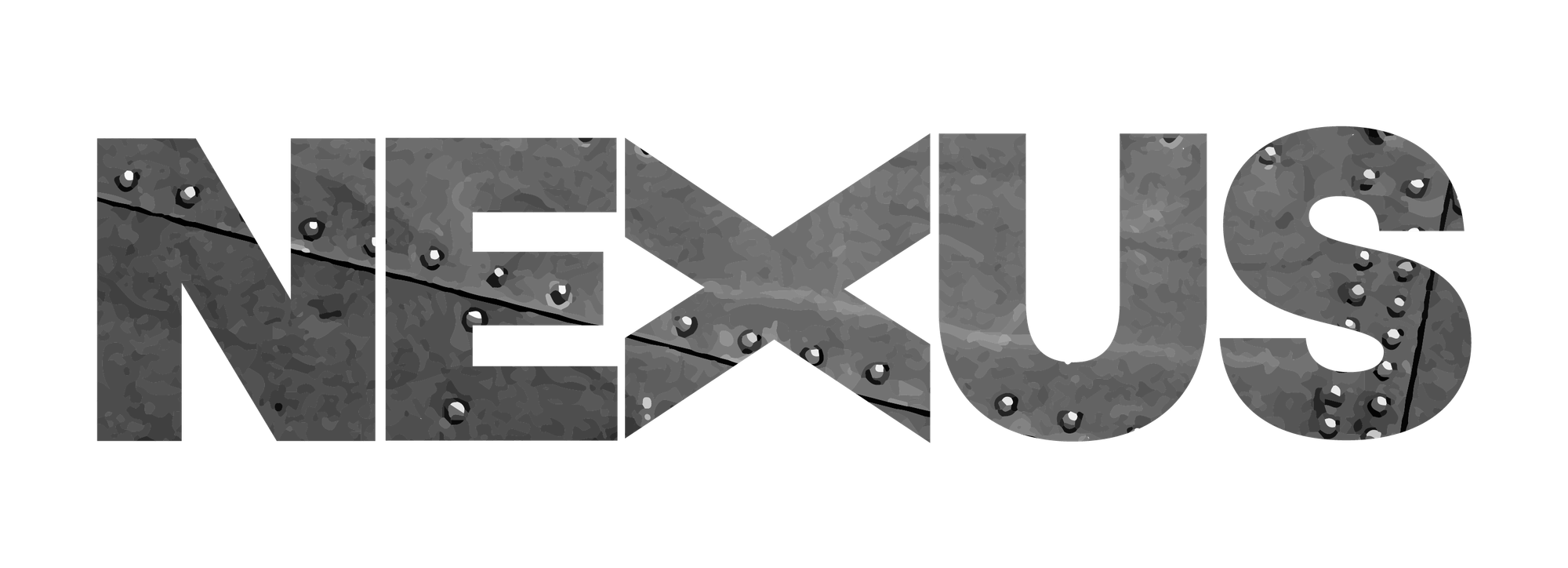AUDITSU - the compliance layer for a more accessible internet
AUDITSU is building the compliance layer for a more accessible internet, because inclusion shouldn’t be an afterthought

Welcome to NEXUS Startup Diaries, the number one place to discover the hottest and most inspiring startups and founders.
Today we're excited to meet Jason Crispin of AUDITSU
So Jason, tell us more about AUDITSU
We’re building the compliance layer for a more accessible internet, because inclusion shouldn’t be an afterthought.
AUDITSU is based in Leeds and built for companies across the UK and Europe who face a new legal and ethical reality. From June 2025, the European Accessibility Act enforces strict standards for digital access, and most organisations aren’t ready. That’s not just a regulatory risk. It’s a social failure.
We started AUDITSU because we saw the same problem repeating: accessibility left to the last sprint, the last budget, the last priority. Manual audits are slow. Lawsuits are faster. So we built something better. Our platform combines AI and robotic automation to programmatically scan mobile apps and digital products, mimicking real user interaction to uncover accessibility failures in minutes.
Each issue is mapped to legal, financial, and reputational risk, giving organisations a clear path from exposure to resolution. We don’t just tell teams what’s broken. We show them why it matters, who it affects, and how to fix it... before lawyers or regulators get involved.
Our customers are legal and compliance leaders in mid-sized enterprises, and purpose-driven founders of app-based businesses expanding across the EU. They recognise that accessibility is no longer optional, and that failing to act is a legal, financial, and ethical risk they can’t afford.
What drives us? We believe accessibility is not a checkbox. It’s a reflection of values. And companies who get it right will lead the next era of digital trust.
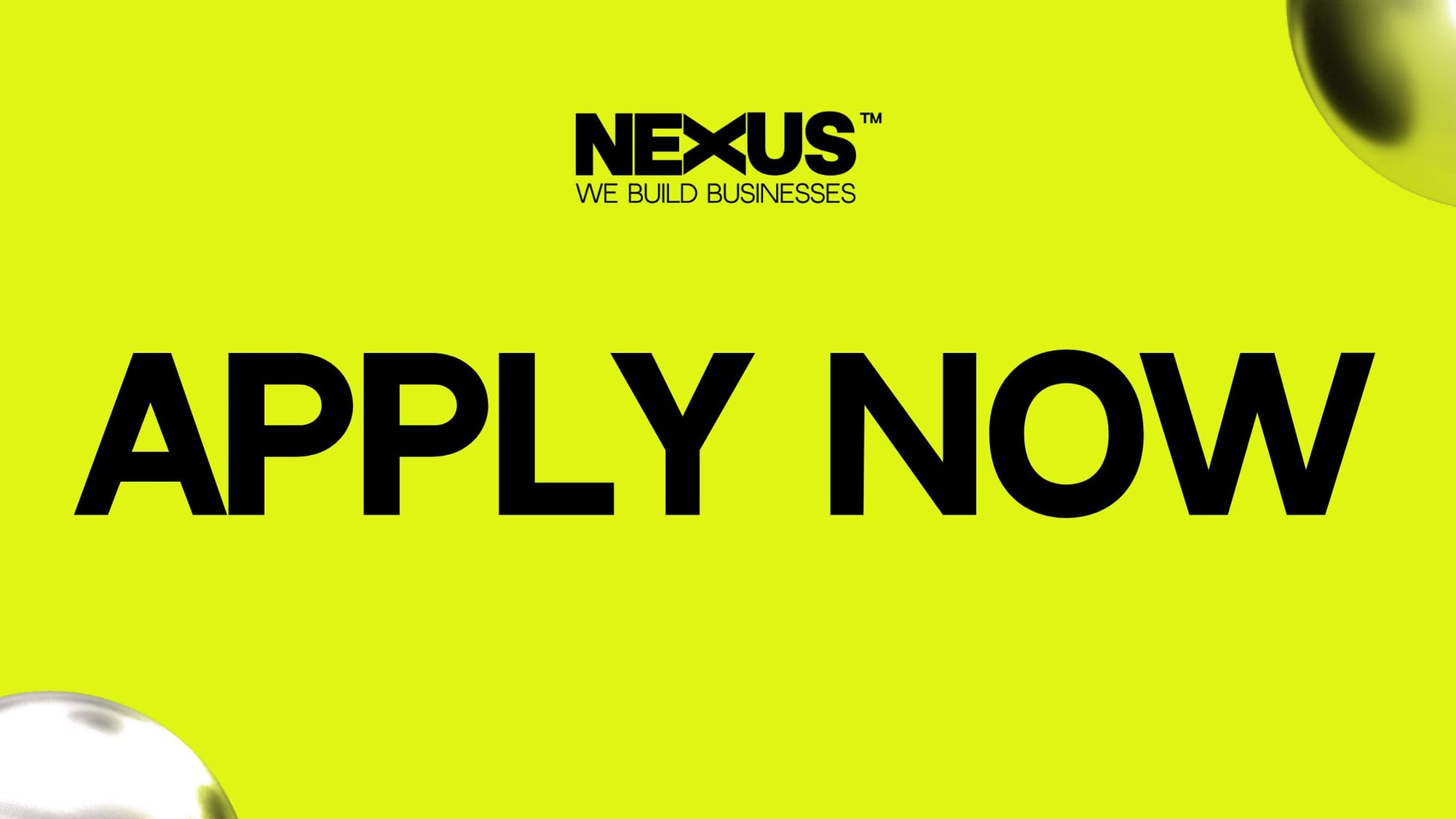
How did you come up with the business idea and what problem are you looking to solve?
We didn’t start with accessibility. We were building a consumer app in 2023, and kept running into barriers that just didn’t make sense. The tools were clunky, the advice was vague, and everything was either too technical or too slow.
We got frustrated, fast. That’s when we realised the real gap. The people who actually carry the risk, the founders, legal teams and compliance leads, had no clear way to see where they stood.
No simple way to measure accessibility risk, even though they’re the ones who face the fines or reputational damage if it’s ignored. So we shifted focus.
AUDITSU was built to solve that. Not as another checklist, but as a way to give non-technical decision-makers clarity and control. We built a platform that shows what’s broken, why it matters, and how it connects to real legal and commercial impact.
For us, this isn’t just about compliance. It’s about helping good teams avoid bad outcomes, and making digital products more inclusive in the process.
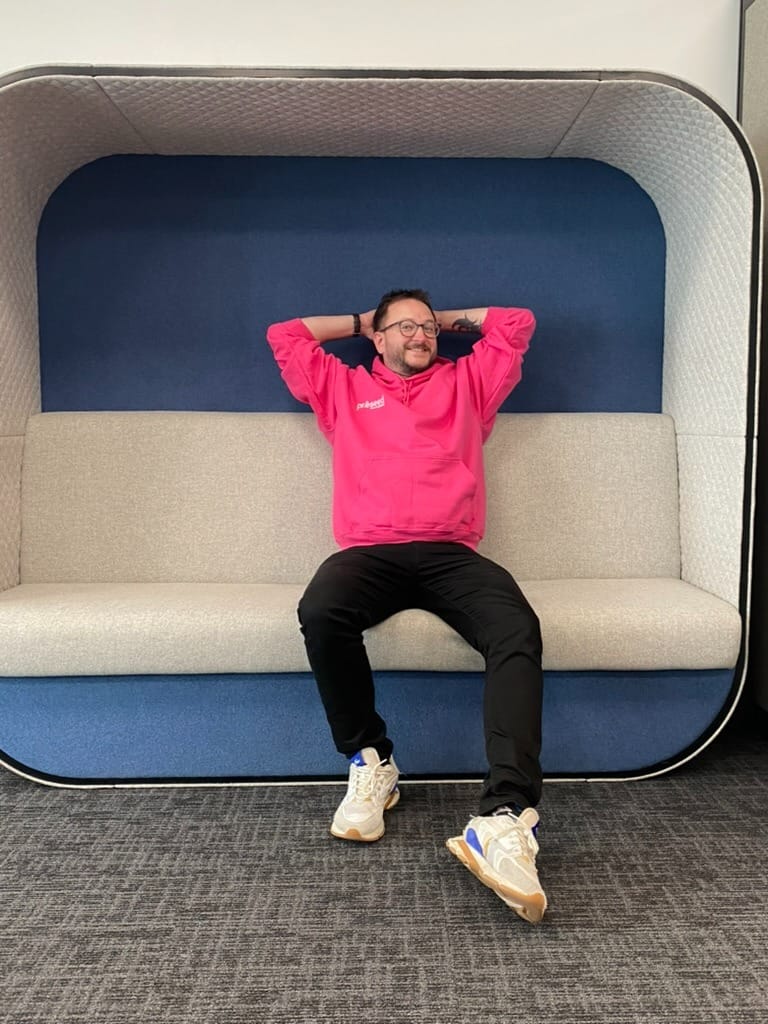
What made you want to start your own business?
I’ve always been what you might call an unreasonable entrepreneur. I don’t accept things as they are. I get frustrated when the world doesn’t work the way it should, when systems are broken, slow, or leave people behind.
That frustration doesn’t go away. It turns into action. From the age of 12, I was building businesses to solve problems I could see right in front of me. Whether it was organising a paper round or selling into enterprise, I’ve always looked for ways to create value where others aren’t looking. I don’t wait for permission. I test, build, and move fast.
AUDITSU came from that same mindset. I ran into accessibility as a blocker and instead of working around it, I decided to fix it. What started as a side project became a full sprint, because once I could see the problem clearly, I couldn’t walk away from it. That’s just how I’m wired.
What stage is your business currently at?
AUDITSU is weeks away from onboarding its first customers.
The platform is built. The signals are clear. Over 1,000 companies have joined our waitlist without marketing spend, because they see what we see: accessibility isn’t a feature, it’s a fault line. And the market is shifting fast. But this isn’t just about shipping product.
This is personal. I’m a founder, a builder, an unreasonable entrepreneur. I’ve never accepted the world as it is. I see systems that don’t serve people, and I can’t let them stand. Whether it’s compliance theatre, broken procurement, or the way founders burn out in silence, I believe in doing something about it. Not next quarter. Now.
Right now, I’m focused on ruthless execution. Get product live. Get results. Use data to punch through the noise and show that we’re not just another audit tool. This isn’t compliance for checklists. It’s infrastructure for accountability. At the same time, I’m making space for something bigger.
We’re launching a hackathon called Fork This, a 12-hour sprint for elite developers who still believe in the magic of building. No corporate decks. No ego. Just raw energy, hacker vibes, and a warehouse in Leeds where the walls are covered in graffiti and ideas come alive.
Tier 1 judges. Teams keep 100% IP. Wild creativity. Zero polish. It’s about injecting soul back into software. Letting people create without permission. Embracing radical thinking. Surrounding ourselves with chaos and love, because that’s where the real breakthroughs happen.
I believe the North of England is a force. I want to build companies here, with people who care deeply and think differently. It’s a movement.
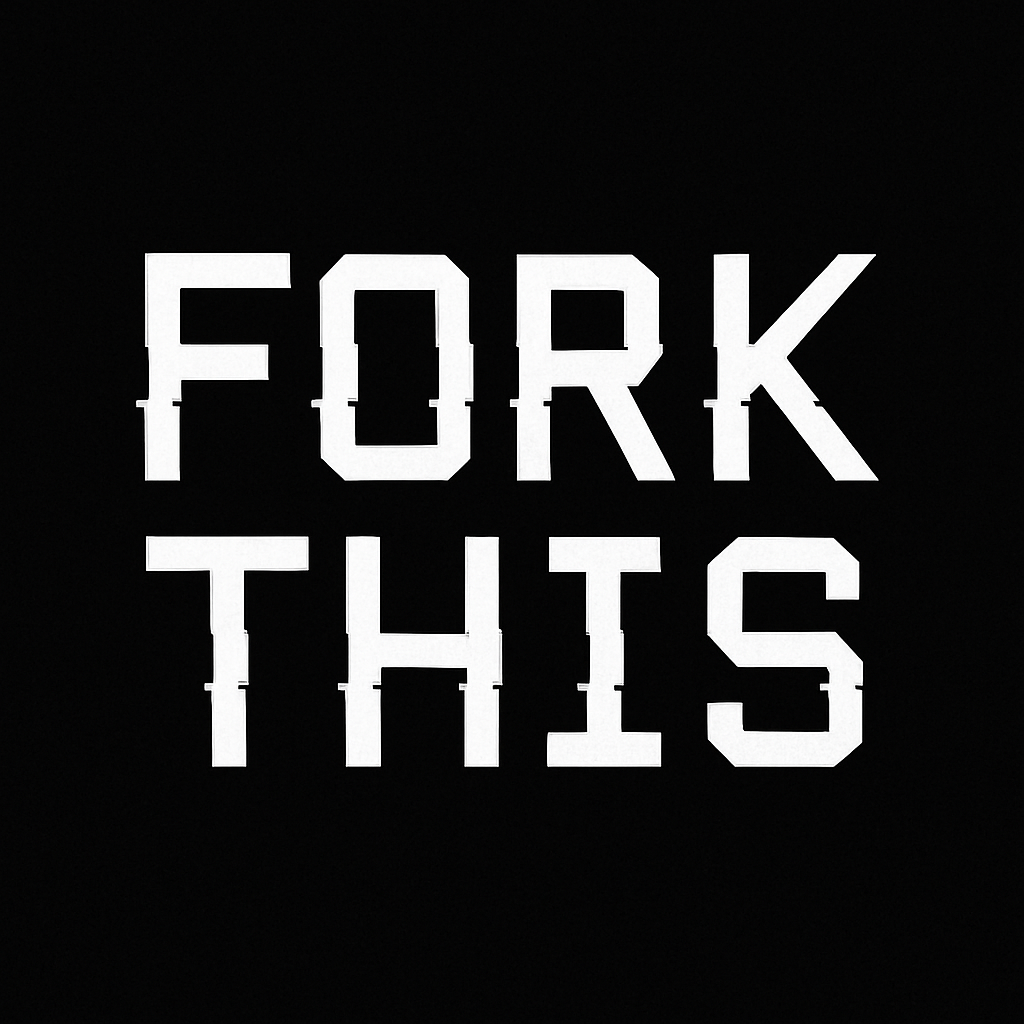
What do you love most about being an entrepreneur?
I love the clarity. As an entrepreneur, the feedback loop is instant. You build something, put it in front of the world, and the world tells you if it matters. No hiding. No politics. Just signal. But more than that, I love the responsibility.
When you’re building something from nothing, every decision matters. You can choose to make things fairer, faster, more human. You can challenge broken systems. You can fix things that have been ignored for too long.
For me, being an entrepreneur isn’t about freedom. It’s about obligation. If you can see a better way and you have the tools to build it, you don’t wait. You move. You rally the best people you can find. And you give everything to the problem until it breaks. That’s the part I love. The fight. The craft. The chance to change the outcome.
What is the number one business tip you've learned that you'd like to share with fellow budding entrepreneurs?
Build before you ask. Too many people wait for permission, whether it is funding, validation or partnerships, before proving anything. But no one owes you belief. If you want conviction from others, earn it by building something real.
A working prototype. A waitlist. A cold outreach response rate. Anything that proves you're not guessing. Momentum beats theory. Execution is the pitch.
Who is your startup hero and why?
My startup heroes are first-principle thinkers, the people who reject inherited assumptions and rebuild the world from scratch.
Alex Karp for his clarity and defiance. Elon Musk for his speed, his operational aggression, and refusal to tolerate friction. Peter Thiel for how he spots value in neglected places and sees futures others overlook.
But also, Jerry Seinfeld. He once said that in improvised comedy, “you do whatever it takes to get the laugh.” There’s no ego. No rules. Just ruthless iteration until something lands.
That mindset is exactly what early-stage startups demand. You test ideas in front of a live audience. You throw out what falls flat. You keep what works. The market is your crowd, and if they’re not reacting, you haven’t earned it yet. Like great comedians, great founders don’t guess what will resonate: they ship, observe, and adapt.
You’re not aiming for approval. You’re aiming for impact. And if you can’t take the silence, you’re in the wrong room.
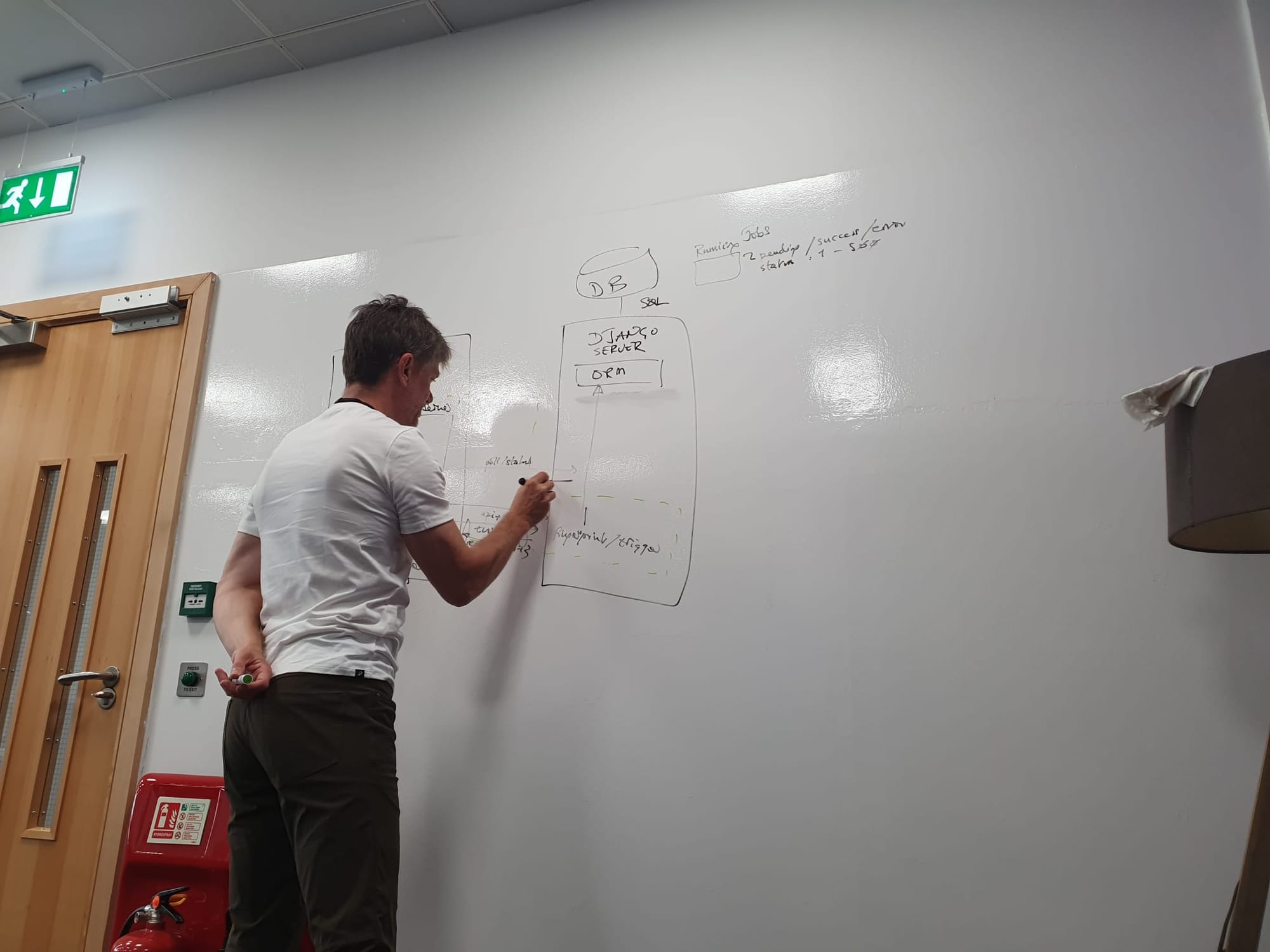
Is there a favourite podcast, book or series you'd like to share with the world?
I listen to audiobooks fast, usually at 3X speed, because there’s so much to learn and never enough time. But two books made me slow down.
The Mom Test by Rob Fitzpatrick changed how I speak to people about ideas. It taught me how to ask better questions, how to listen properly, and how to get to the truth without bias or ego. Every founder should read it. It’s short, sharp, and completely changes how you validate what you're building.
Zero to One by Peter Thiel helped me think beyond iteration. It’s not about making things slightly better. It’s about making something new. That book taught me to look past what’s obvious and build from first principles... especially when everyone else is playing it safe.
I don’t tend to listen to podcasts. I find they often dilute the signal. I’d rather read something that’s been deeply thought through or test things for myself in the real world. There’s too much noise out there. The challenge is slowing down, going deeper, and choosing what’s actually worth your time.
Anything else you'd like to share?
We need to stop waiting. Too many good people are sitting on world-changing ideas, waiting for permission, waiting for funding, waiting for the right moment.
The truth is, there’s never a perfect time. Start anyway. Ship something small. Say it out loud. Find one person who cares. Then another. Build something with soul. Fight for something that matters. And surround yourself with people who challenge you and lift you in equal measure.
That’s what we’re doing with AUDITSU. That’s what we’re doing with Fork This. And that’s what the North of England needs more of... radical thinkers, bold builders, and a community that backs each other without ego. There’s space for all of it. Make something that deserves to exist. Then go louder.
Where can people find you online?
Please connect with me on LinkedIn and follow along and support Fork This
If you're interested in starting, running or scaling your own business, then why not enquire about NEXUS membership here
...and if you're interested in featuring your own entrepreneurial journey on the NEXUS Startup Diaries blog, then get in touch and let's share that story with the world!
